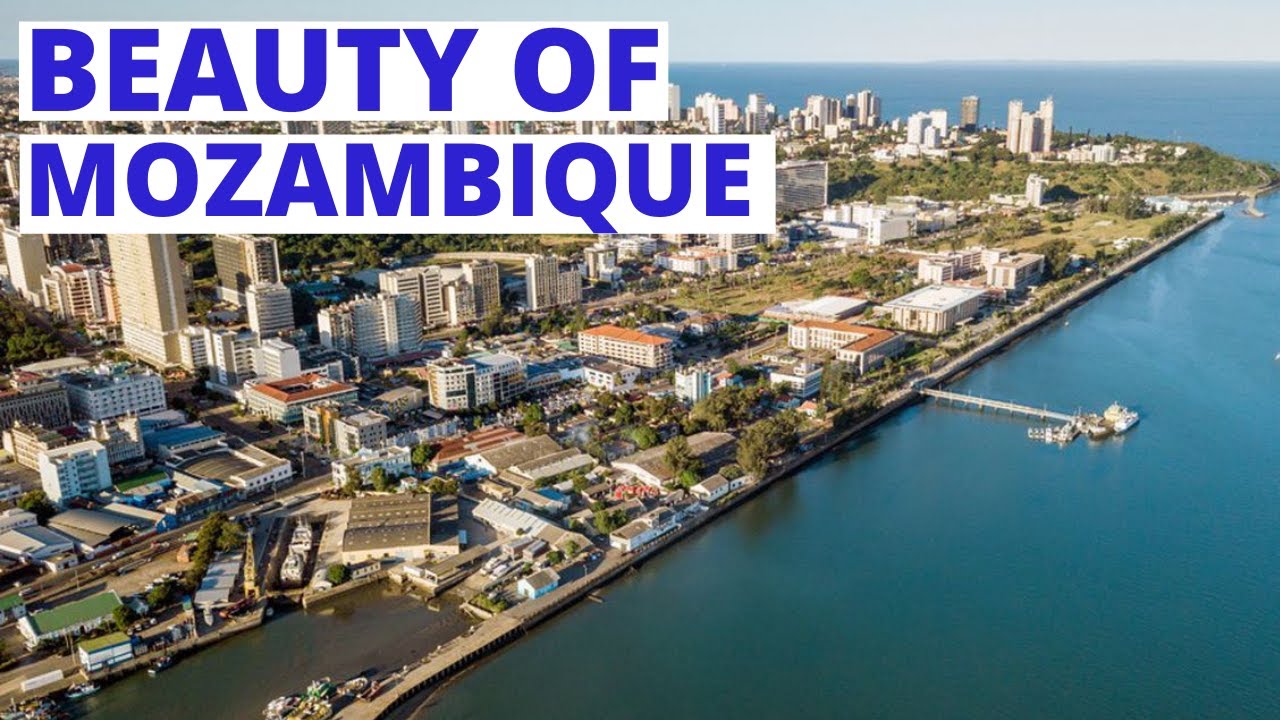Mozambique’s Industrial Demand for PVC Stabilizers

Mozambique industrial growth
Mozambique, a country with a rapidly growing economy, is witnessing significant industrial development. Among the various materials driving this growth, Polyvinyl Chloride (PVC) stands out due to its versatility and cost-effectiveness. However, the effective use of PVC in industrial applications heavily relies on the incorporation of PVC stabilizers. This article explores the industrial need for PVC stabilizers in Mozambique, highlighting their importance and impact on various sectors.
The Role of PVC in Mozambique’s Industry
PVC is a widely used plastic in Mozambique, particularly in the construction, automotive, and packaging industries. Its popularity stems from its durability, resistance to environmental degradation, and cost-efficiency. However, PVC’s inherent instability when exposed to heat and UV light necessitates the use of stabilizers to enhance its performance and longevity.
khalijpolymer exporting team : we as an exporting team guarantee the quality of our products that’s our priority but we also made sure that prices we offer are lowest possible in international market. we value the time of our costumers Wich we rather call our business partners. You can contact us on WhatsApp. We prefer video call meetings.
Importance of PVC Stabilizers
PVC stabilizers are essential additives that prevent the degradation of PVC during processing and throughout its lifecycle. They improve the material’s heat stability, mechanical properties, and resistance to weathering. In Mozambique, the demand for PVC stabilizers is driven by several key factors:
Construction Boom: Mozambique’s construction industry is expanding rapidly, with numerous infrastructure projects underway. PVC is extensively used in pipes, fittings, windows, and doors. Stabilizers ensure that these PVC products can withstand the harsh climatic conditions and prolonged exposure to sunlight, thereby extending their service life.
Automotive Industry: The automotive sector in Mozambique is also growing, with an increasing demand for durable and lightweight materials. PVC, used in automotive interiors, wiring, and under-the-hood applications, requires stabilizers to maintain its integrity under high temperatures and mechanical stress.
Packaging Sector: The packaging industry relies on PVC for its flexibility and clarity. Stabilizers help maintain these properties, ensuring that packaging materials remain effective in protecting goods during transportation and storage.
Types of PVC Stabilizers
Several types of PVC stabilizers are used in Mozambique, each offering unique benefits:
Calcium-Zinc Stabilizers: These are environmentally friendly alternatives to traditional lead-based stabilizers. They provide excellent heat stability and are widely used in the construction and automotive industries.
Tin Stabilizers: Known for their superior performance, tin stabilizers are used in applications requiring high transparency and mechanical strength, such as packaging films and medical devices.
Liquid Mixed Metal Stabilizers: These stabilizers offer a balance of cost and performance, making them suitable for a variety of applications, including pipes and profiles.
Challenges and Opportunities
While the demand for PVC stabilizers in Mozambique is growing, the industry faces several challenges. That’s where khalijpolymer © come to go beyond those challenges and deliver the products that you need in no time
Conclusion
The industrial need for PVC stabilizers in Mozambique is undeniable. As the country continues to develop its infrastructure and industrial base, the demand for durable and reliable PVC products will only increase. By addressing the challenges and leveraging the opportunities, Mozambique can ensure that its industries benefit fully from the advantages offered by PVC stabilizers, driving sustainable growth and development.
Click here to get more info
Khalijpolymer © – Iran
